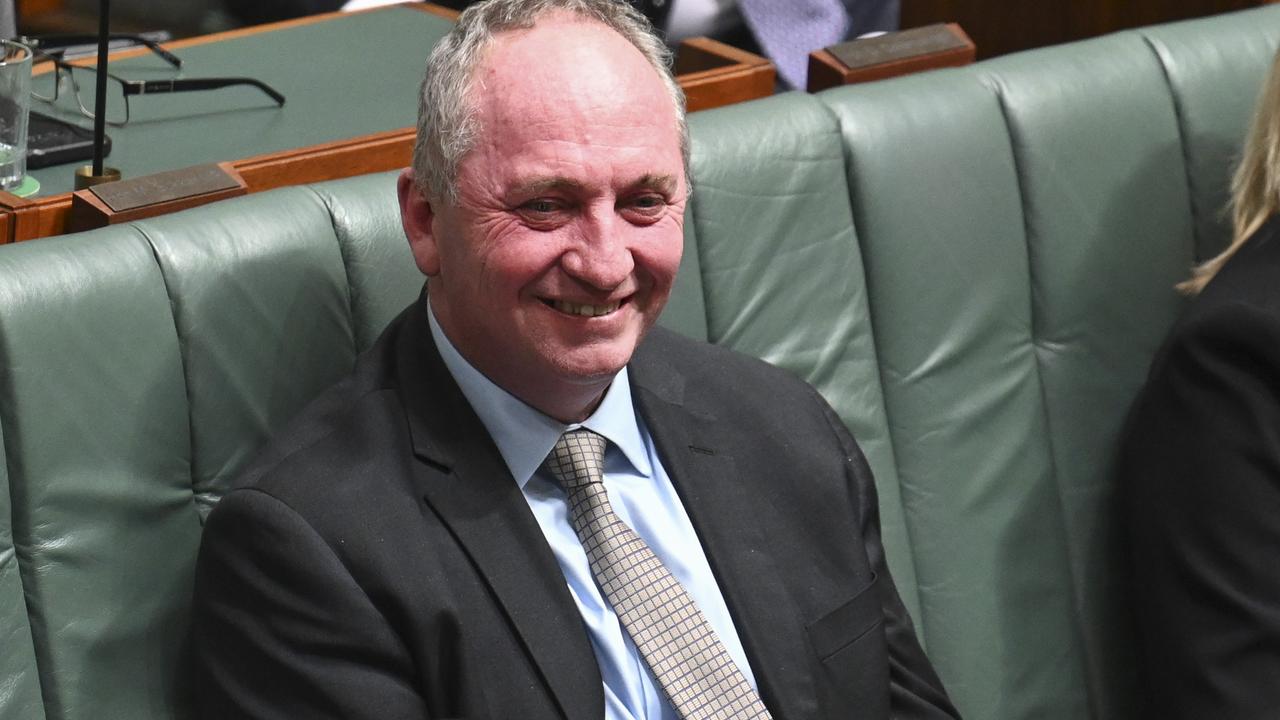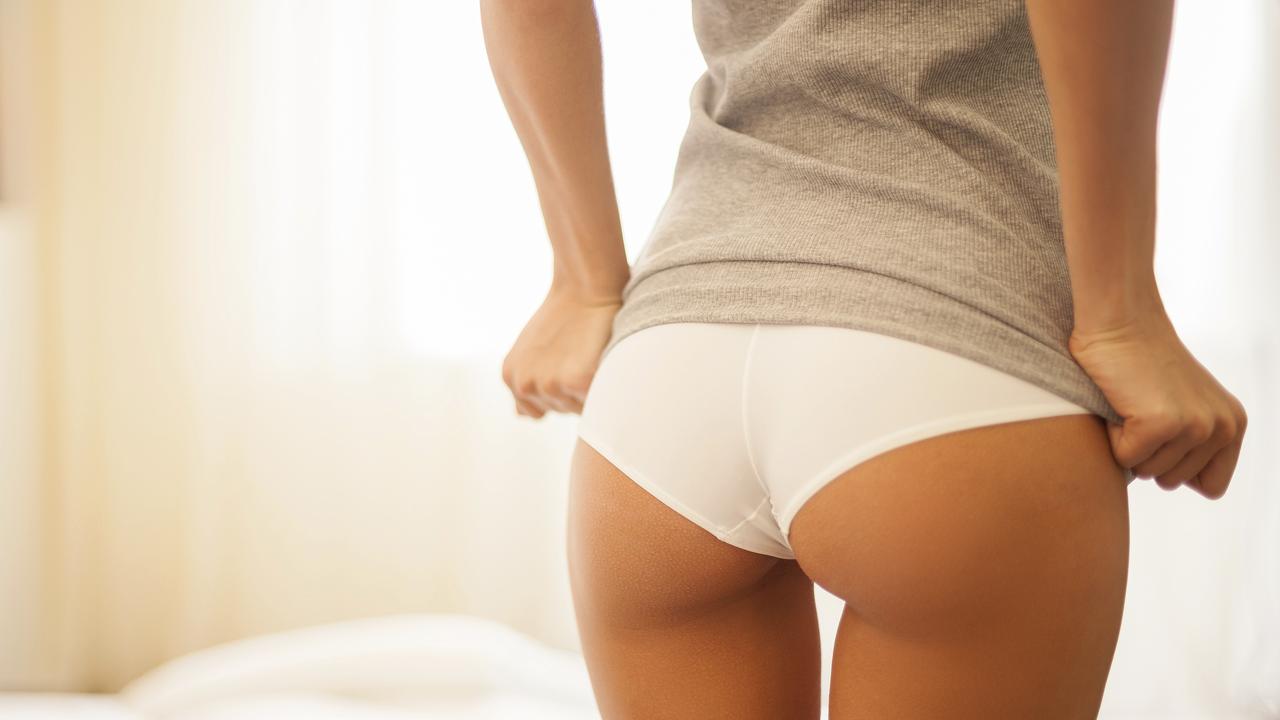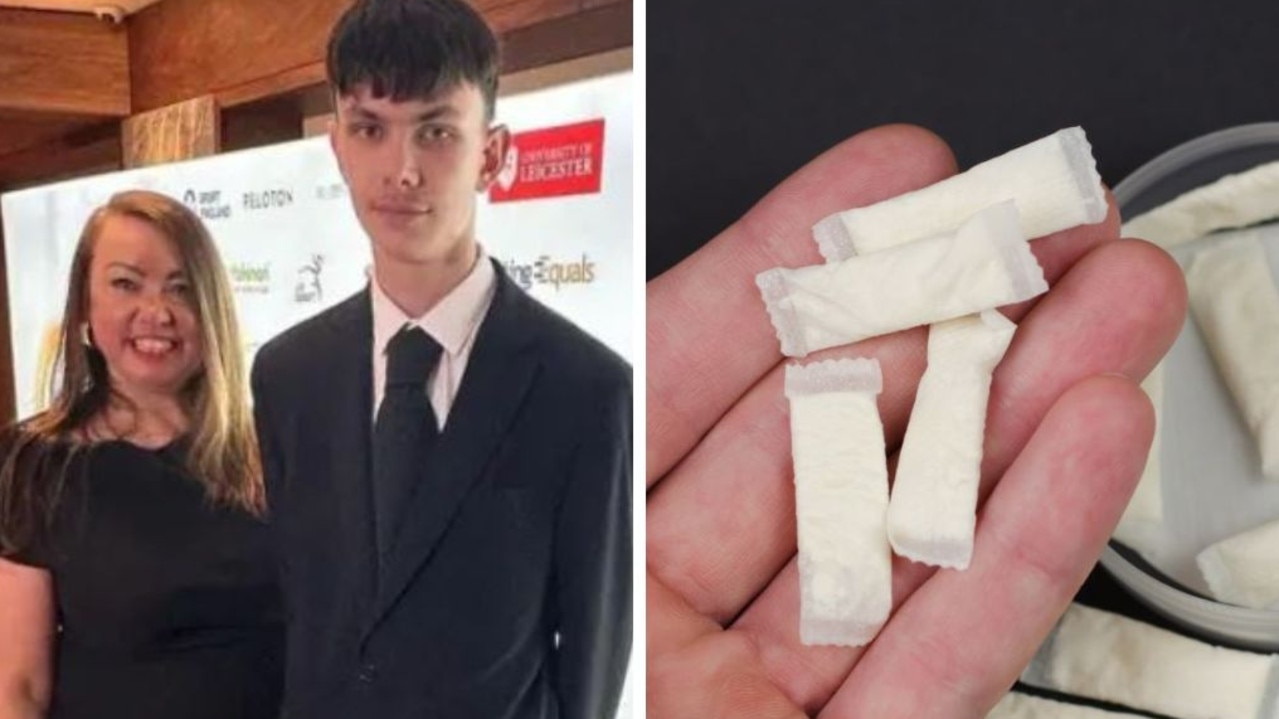Face masks can ‘increase risk’ of catching coronavirus, expert explains
A professor of medicine has explained that apart from masks not helping prevent catching coronavirus, they could also “autocontaminate”.
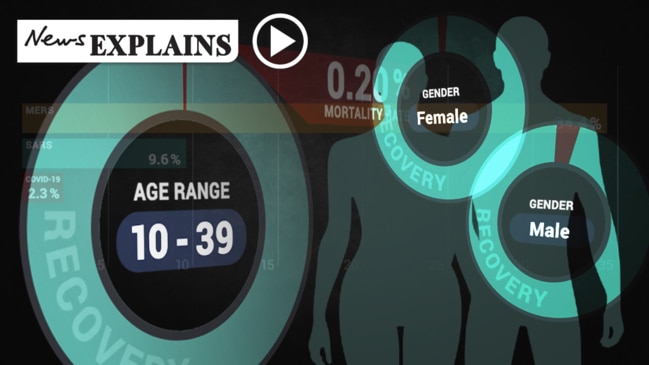
As concern about the spread of the coronavirus grew, people rushed out to their nearest store to buy face masks to prevent them from contracting the disease.
Doctors, professors and experts from around the world have said the best way to protect yourself was by taking preventive actions, like staying at home if you’re sick and being diligent with hygiene such as washing hands with soap and water.
But according to infection prevention specialist Eli Perencevich, MD, a professor of medicine and epidemiology at the University of Iowa’s College of Medicine, if you wear a mask incorrectly it can actually “increase” your chances of getting the virus.
RELATED: What are the chances of dying from coronavirus?
RELATED: James Kwan identified as first Australian to die from coronavirus
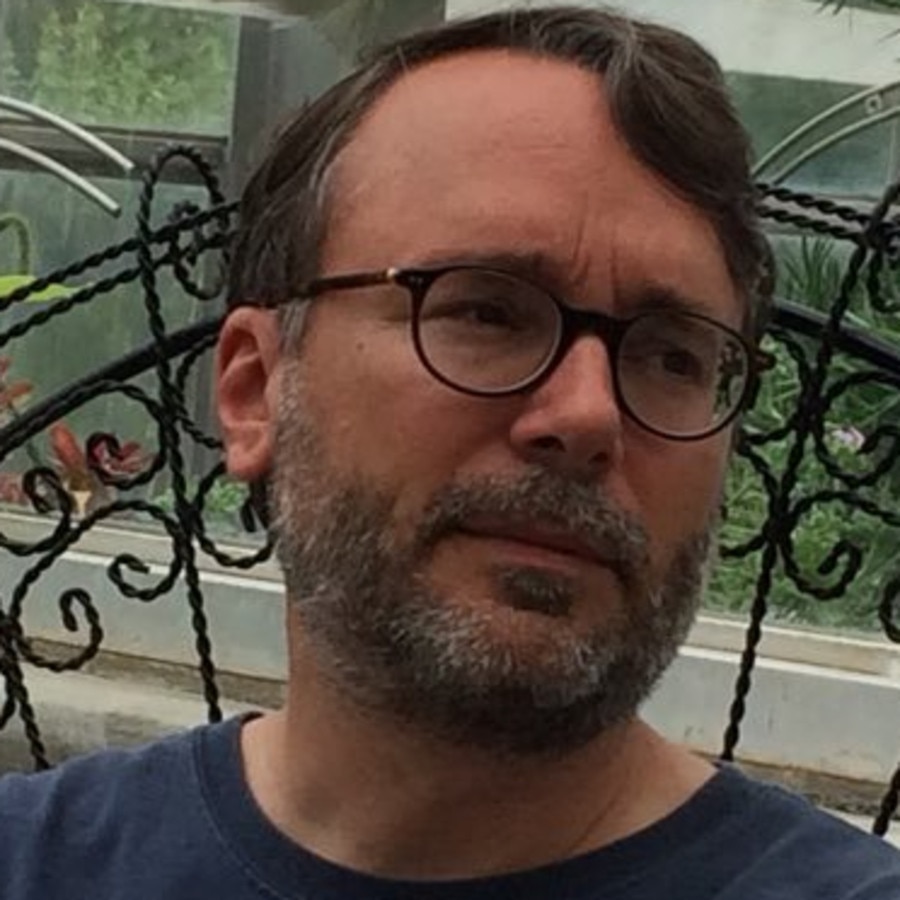
“Masks won’t protect the average person. Because they will wear them incorrectly and autocontaminate themselves. I’ve never seen a person practice hand hygiene before removing a mask in public and then after removing the mask,” Prof Perencevich said in a Twitter post on Monday.
He told Forbes that the average healthy person does not need to have a mask, and they shouldn’t be wearing masks.
Prof Perencevich said if people don’t wash their hands before taking off a mask, “you could increase your risk”.
“There’s no evidence that wearing masks on healthy people will protect them,” he said. “They wear them incorrectly, and they can increase the risk of infection because they’re touching their face more often.”
“The one time you would want a mask is if you’re sick and you have to leave the house. If you have the flu or think you have COVID, that’s when you’d put on a mask to protect others. In your house, if you feel like you’re sick, you should wear a mask to protect your family members.”
The World Health The World Health Organisation’s (WHO) official advice is that “if you are healthy, you only need to wear a mask if you are taking care of a person with suspected 2019-nCoV infection”.
Masks won’t protect the average person. Because they will wear them incorrectly and autocontaminate themselves. I’ve never seen a person practice hand hygiene before removing a mask in public and then after removing the mask
— ð™€ð™¡ð™ž ð™‹ð™šð™§ð™šð™£ð™˜ð™šð™«ð™žð™˜ð™ 🤚 🧼 (@eliowa) March 1, 2020
Problem is the mask can soak through. And you have to wash hands before AND after taking off the mask. And you have to not accidentally have outside of mask touch face. And remember, it’s not spread through the air. It’s spread by droplets. This isn’t TB
— ð™€ð™¡ð™ž ð™‹ð™šð™§ð™šð™£ð™˜ð™šð™«ð™žð™˜ð™ 🤚 🧼 (@eliowa) March 1, 2020
WHICH MASKS REDUCE CHANCES OF GETTING THE VIRUS
There is medical grade respirators (3M) that health care professionals wear when treating someone with a serious contagious disease.
The type of face covering that reduces exposure to airborne particles – including protecting the wearer from viruses and bacteria – is called a respirator. The type of personal protection equipment (PPE) that healthcare workers wear when treating someone with a serious contagious disease is a medical respirator, Forbes reports.
The must have an efficiency rating of “N95,” “FFP2,” or a similar rating that refers to how many particles – and of what size – can’t get through.
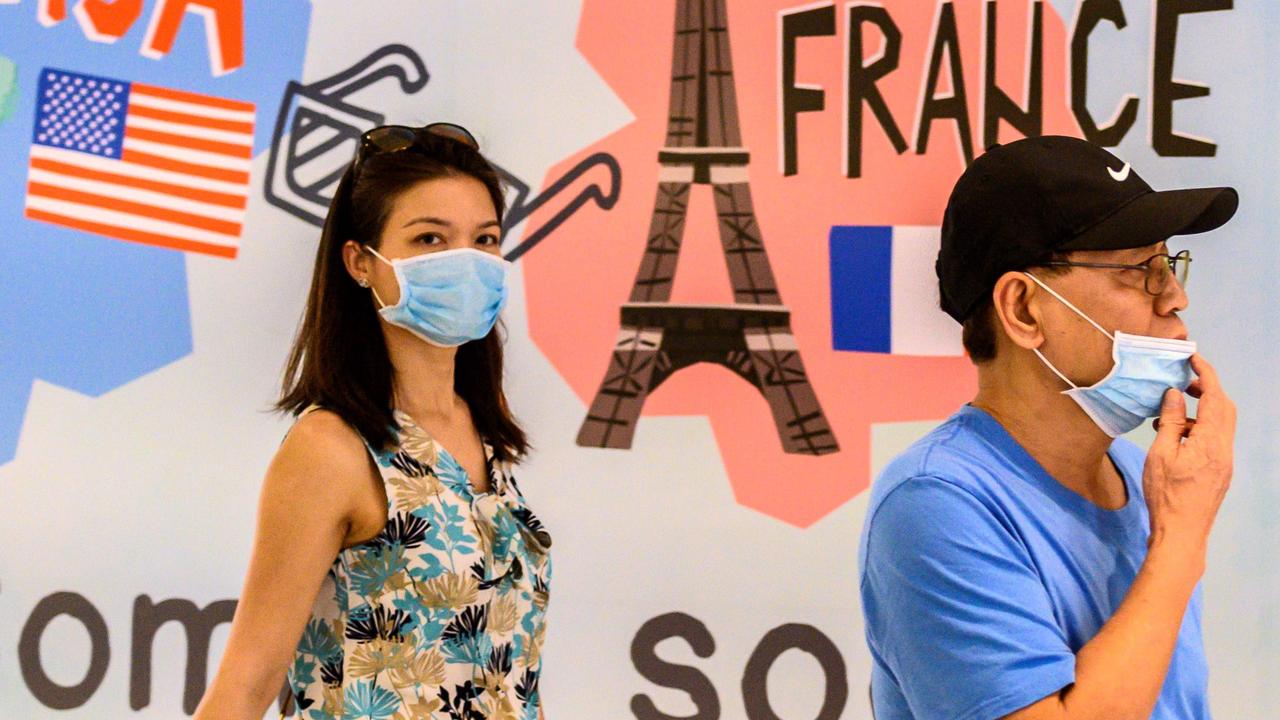
It protects the wearer from getting sick and protects the patient from the wearer’s germs.
According to Forbes, those people who use medical respirators have received training in how to wear them to protect themselves, such as ensuring the mask forms an airtight seal with their face.
But even then, 3M states in its Respiratory Protection FAQ document that “no matter how well a respirator seals to the face and how efficient the filter media is, wearers should expect a small amount of leakage inside any respirators. No respirator will eliminate exposures entirely”.
On the weekend, US surgeon general Jerome Adams, MD, pleaded on Twitter for people to refrain from purchasing masks.
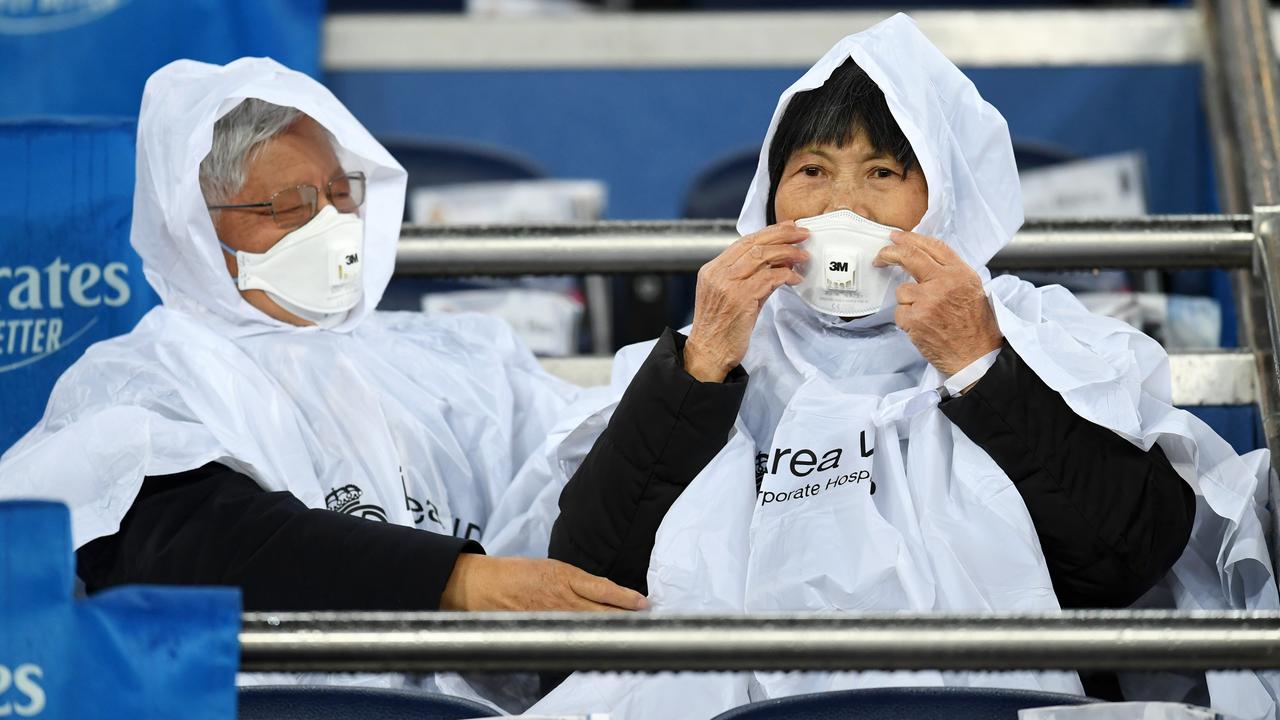
“Seriously people-STOP BUYING MASKS!” he demanded. “They are NOT effective in preventing general public from catching #Coronavirus, but if healthcare providers can’t get them to care for sick patients, it puts them and our communities at risk!”
Since Saturday, his post has since been retweeted more than 37,000 times with 65,000 likes, adding that the best way to protect yourself and your community is with “everyday preventive actions”.
“Like staying home when you are sick and washing hands with soap and water, to help slow the spread of respiratory illness.”
The WHO also advises that those who wear a mask, “must know how to use it and dispose of it properly”.
The specialised United Nations agency explained that before putting on a mask, strict hygiene rules should be followed including cleaning hands with alcohol-based hand rub or soap and water.
The best way to protect yourself and your community is with everyday preventive actions, like staying home when you are sick and washing hands with soap and water, to help slow the spread of respiratory illness.
— U.S. Surgeon General (@Surgeon_General) February 29, 2020
Get your #FluShot- fewer flu patients = more resources for#COVID19
“Cover mouth and nose with mask and make sure there are no gaps between your face and the mask,” it said.
“Avoid touching the mask while using it; if you do, clean your hands with alcohol-based hand rub or soap and water.”
Critically, the mask needs to be changed as soon as it was damp and could not be used again.
“To remove the mask: remove it from behind (do not touch the front of mask); discard immediately in a closed bin; clean hands with alcohol-based hand rub or soap and water.”
The agency has published mythbusters on the disease and is battling an “infodemic” of false information about how coronavirus spreads.
DEATH TOLL REACHES AT LEAST 3000 WORLDWIDE
The death toll worldwide has now reached at least 3000, with the virus appearing on every continent except Antarctica, infecting more than 87,000 people.
The first person to die from the coronavirus in Australia has been named as James Kwan, a retired travel agent from Perth.
Mr Kwan, 78, was diagnosed with the virus after going on the infected Diamond Princess cruise ship.
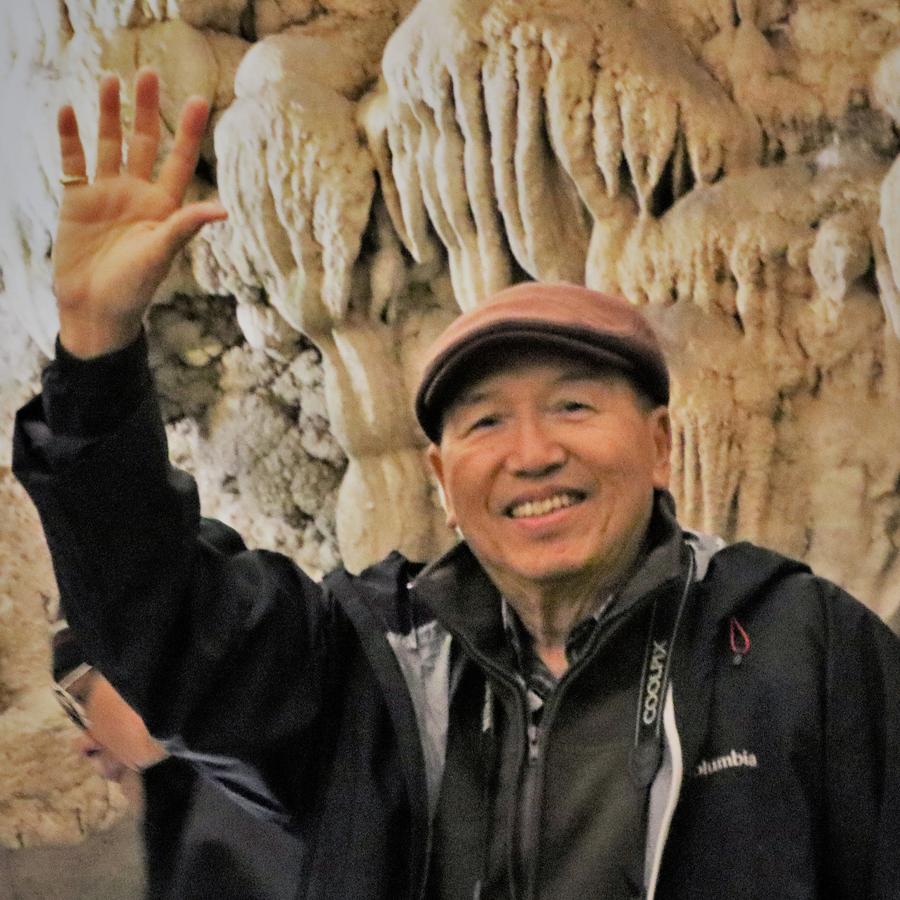
He died in the early hours of Sunday morning at the Sir Charles Gairdner Hospital.
Researchers have found that those most at risk of dying are over the age of 70, or those who have pre-existing serious health conditions like heart disease, diabetes, high blood pressure or cancer.
Professor Robert Booy from the National Centre for Immunisation Research and Surveillance told the ABC that Australia needed to focus on older people living in aged care and the elderly still living at home, as they were most at risk.
“People with chronic medical conditions of the lung or the heart also need to be closely monitored,” he said.


